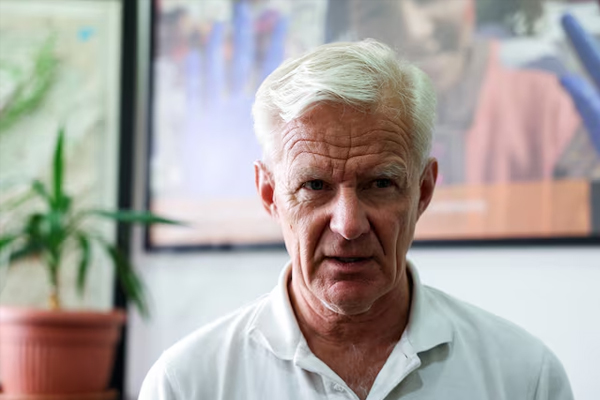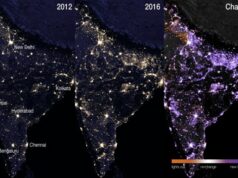
The chief of a prominent humanitarian organisation warned that U.S. President Donald Trump’s 90-day halt on foreign aid would have immediate and devastating effects in Afghanistan, where relief operations are already stretched thin.
As he took office on Monday, Trump ordered a temporary pause in foreign development aid pending assessments of efficiencies and consistency with his foreign policy.
The scope of the order was not clear, including whether it applied to Afghanistan’s humanitarian funding, which is channelled through NGOs and United Nations agencies.
Jan Egeland, the secretary general of the Norwegian Refugee Council, told Reuters that Trump’s aid-halt decision had left agencies reeling as they braced for further cuts from the biggest donor to Afghanistan.
“A 90-day suspension of all aid, no new grants, no new transfer of funding, will have disastrous consequences immediately … for an already starved aid operation for very poor and vulnerable girls and women and civilians in Afghanistan,” he said during a video interview from Kabul late on Tuesday.
Afghanistan’s Aid Crisis Deepens
The war-torn nation is home to more than 23 million people requiring humanitarian assistance – more than half the country’s population – but aid has shrunk as donors face competing global crises and diplomats raise concerns about the Taliban’s restrictions on women in most areas of public life, including education and health.
Development funding that formed the backbone of government finances was cut after the Taliban took over and foreign forces left in 2021.
Reuters reported last year that non-governmental groups played a critical role in filling the humanitarian void.
“If you go back in time it was a well-funded operation, we got development assistance, then we could have perhaps lived through three months of suspension, we cannot any more,” Egeland said.
Trump told a rally shortly before taking office that aid to Afghanistan would be contingent on getting back billions of dollars of military equipment that U.S. forces left behind.
Egeland said he had raised the issue of female education with Taliban leaders in his four visits to Kabul since they took control of the country. In his last trip, he said he told them they must open schools and universities to all girls and women.
“You cannot not educate half your population,” he said.
The Taliban have also banned Afghan women from working at NGOs since 2022, reiterating that position in a second announcement late last year.
Egeland said that in practice his organisation and others were able to work around the restrictions.
But that a lack of funding put that at risk.
“What is not understood in Western capitals is that recently, laying off female staff, laying off girls and women (recipients) is not the Taliban ban … it is the cutting of aid,” he said.
(With inputs from Reuters)




